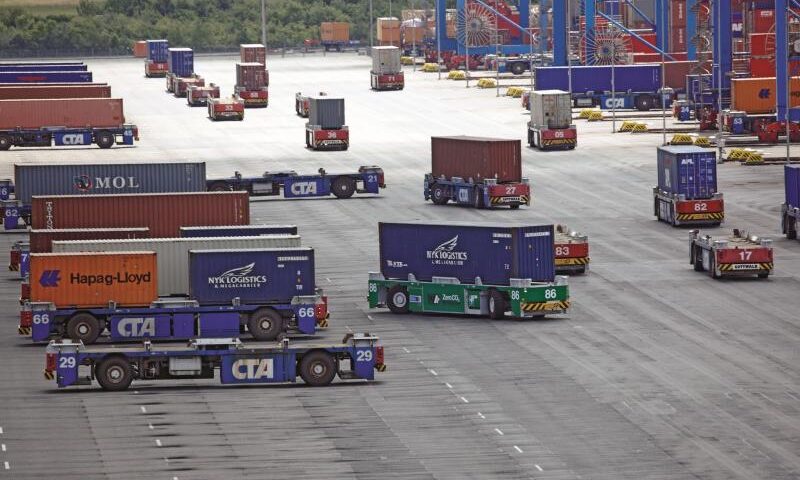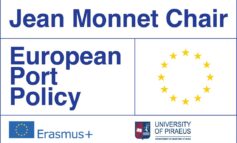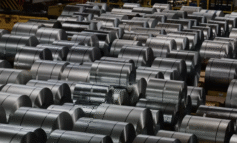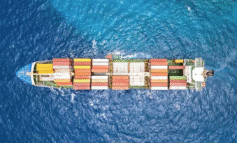It is increasingly clear that car transport is at the brink of radical changes, driven by technological advances in autonomous driving and changing ownership patterns of cars, writes Peter de Langen.
A model in which car users, especially in urban areas, pay a monthly subscription fee for a certain amount of car-kilometers – a business model similar to Amazon’s – while mobility providers own and deploy cars is widely expected to be introduced in a relatively short period of time.
Such a transition has major implications for cities, which no longer need huge volumes of parking space. However, some city governments continue to invest in more underground parking spaces and oil companies are being increasingly critised of systematically underestimating the impact of autonomous car changes on fuel demand. These are examples of the errors that stem from assuming business-will-be-as-usual in a fast-changing world.
Is something similar looming in freight transport? It may very well be. In fact, analysts and economists believe the development and adoption of autonomous vehicles will be much swifter in the heavy-trucking market given the cost saving potential, the focus on cost reductions and the shorter life-span of trucks.
Fuel savings due to shorter distances between trucks (platooning) and labour cost savings are potentially huge. While self-driving trucks may start at specific highway stretches and with a driver onboard, remote control of trucks is also on the horizon, as is a relatively small convoy of two trucks with one driver and the other resting. The regulatory hurdles are still huge, but both Europe and the US are aware of the benefits of being ahead in these developments, which is likely to translate in a higher willingness to remove regulatory hurdles.
As we know, Port of Singapore is already a first mover in bringing this technology to ports. But it seems many in the ports industry still operate with that ‘business-as-usual’ mindset highlighted above.
Just think what autonomous driving, especially with electric trucks that might attract major investments from the likes of Tesla and its ilk, could do to the freight rail industry? Especially in Europe, rail receives billions in public investments, with explicit policy ambitions to increase the share of rail, and most ports give rail a central place in their long-term development plans. While in specific cases that may be valid, in others that may well prove to be that dreaded business-as-usual mindset again, putting them firmly behind the curve when those changes swift through the industry.
First published @PortStrategy













